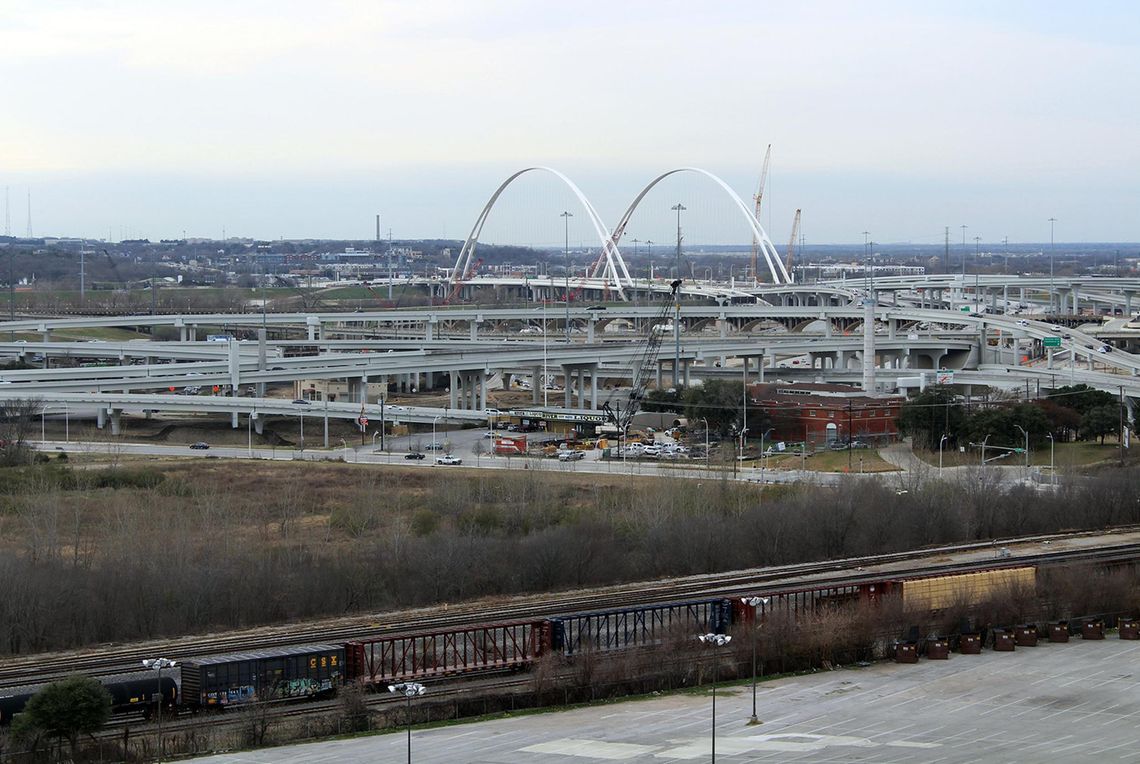The high-speed train that promises to transport passengers between Dallas and Houston in 90 minutes has been approved by the Federal Railroad Administration, according to Texas Central Railroad, the company in charge of the project.
The U.S. Department of Transportation’s Federal Railroad Administration issued the two key rulings, which provide the regulatory framework and the environmental review for the high-speed train, that Texas officials were waiting on to move forward with the project, according to the company. The announcement was first reported by the Houston Chronicle.
Texas Central expects to start construction in the first half of 2021.The federal Surface Transportation Board still must approve the project before construction can begin.









